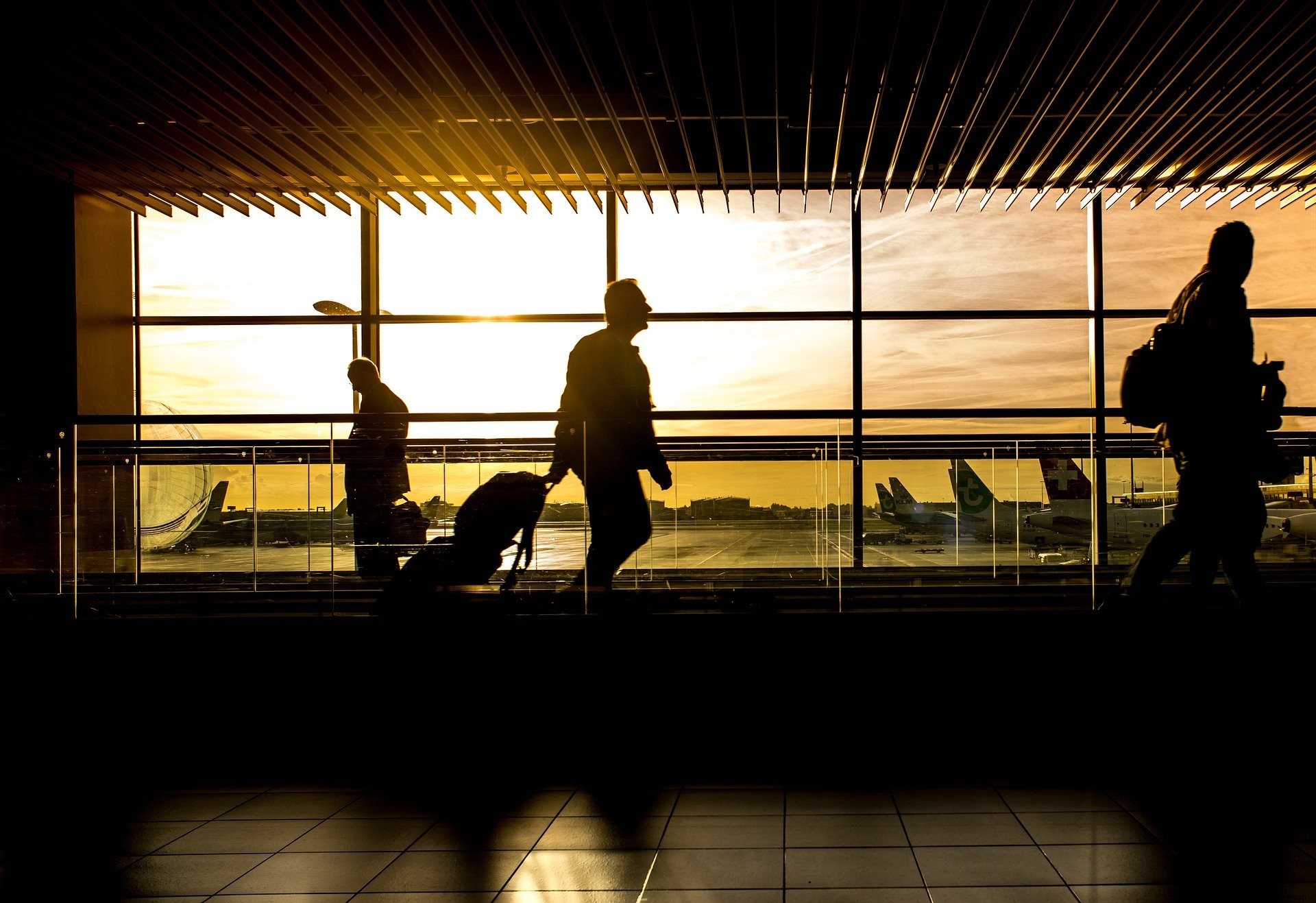Improving handwashing at airports could dramatically slow the spread of viruses, according to rigorous scientific studies.
Epidemiologists agree: airports are high-risk hubs for infectious diseases. Thousands of travelers from around the globe converge in confined spaces, creating ideal conditions for pathogens to spread. Viruses thrive on frequently touched surfaces like bathroom doors and payment terminals, hitching rides with careless passengers. A germ from Paris today could reach Tokyo tomorrow.
A 2018 study in BMC Infectious Diseases analyzed germ hotspots at Helsinki-Vantaa Airport during the 2015-2016 winter. Researchers swabbed 90 high-touch surfaces, finding that 10% harbored at least one respiratory virus.
Plastic security trays posed the greatest risk, with 50% testing positive for viruses (rhinovirus 40%, coronavirus 30%, adenovirus 20%, influenza A 10%).
Nearly 70% of samples from the children's playground also contained viruses.

A new study in Risk Analysis modeled the top 120 airports for disease transmission. The results are clear: prioritizing hand hygiene at just 10 key hubs could reduce epidemic spread by 37%.
Airport location matters more than passenger volume. Hubs like Tokyo and Honolulu act as major pathogen exchange points due to their strategic positions.
Simple interventions—such as hygiene posters and social media campaigns—could drive change. As the researchers note: “70% of bathroom visitors wash their hands, but only 50% do so effectively.” That's a clear opportunity for improvement.
Source
Related articles: